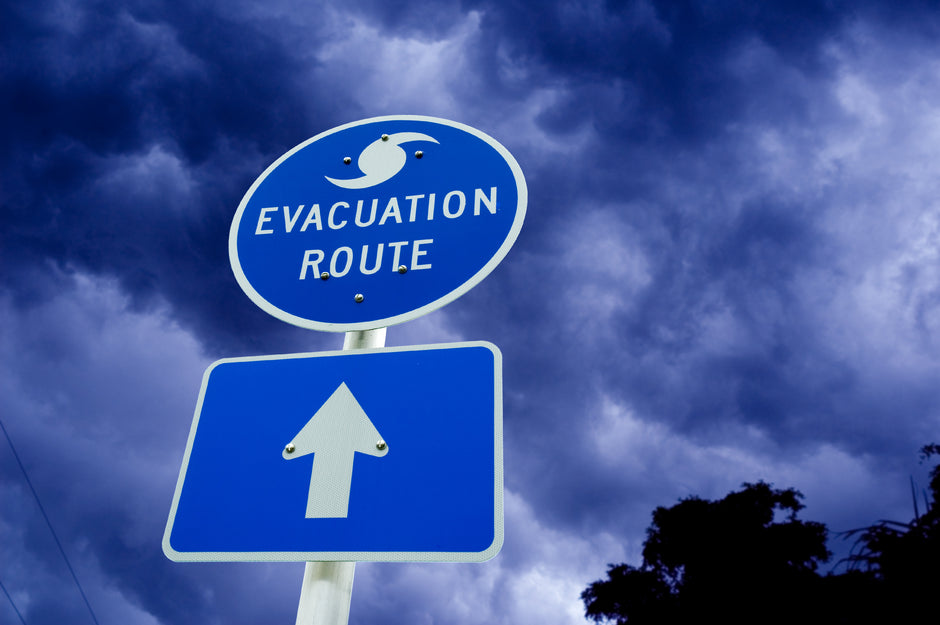Learn what steps you should take today to protect yourself, your family, and your property before a hurricane hits!
FEMA hurricane safety experts recommend:
- Know your community’s local hurricane evacuation plan and identify several escape routes from your location in case roads are blocked;
- If you plan to evacuate by car, keep your car fueled and in good condition and be sure to keep emergency supplies and a change of clothes in your vehicle
- If you will need to use public transportation, contact your local government emergency management agency to ask how an evacuation will work, how you will get current information during an evacuation, and the location of staging areas
- Stay away from water, shorelines, areas that are prone to flooding, and low land areas that may be dry but prone to flash flooding
- Listen to weather alerts and warnings and be prepared to get to high ground immediately if there is a flash flood
- Never walk or drive through floodwaters: Turn Around, Don’t Drown!
- If you are not in an evacuation zone or flood area, know where to shelter for high winds and be prepared with essential hurricane survival supplies to remain on safe, high ground until flooding in nearby areas subsides
- Waterproof your home’s basement and elevate critical utilities such as electrical panels and heating systems
- If it’s safe to do so, plan to bring inside or anchor any items that might be blown away and become projectiles in high winds. Be sure to anchor outdoor grills, fuel tanks, and other items that are too bulky or not safe to bring inside.
There are many useful tools now available to learn how to prepare for a hurricane and other disasters. You can download the official Federal Government FEMA mobile app, free of charge, to receive real-time weather updates and alerts. Be sure to share with family, friends, co-workers, and neighbors.
Sunset Survival Emergency Kits, Earthquake Kits, School Safety, First Aid Kits







